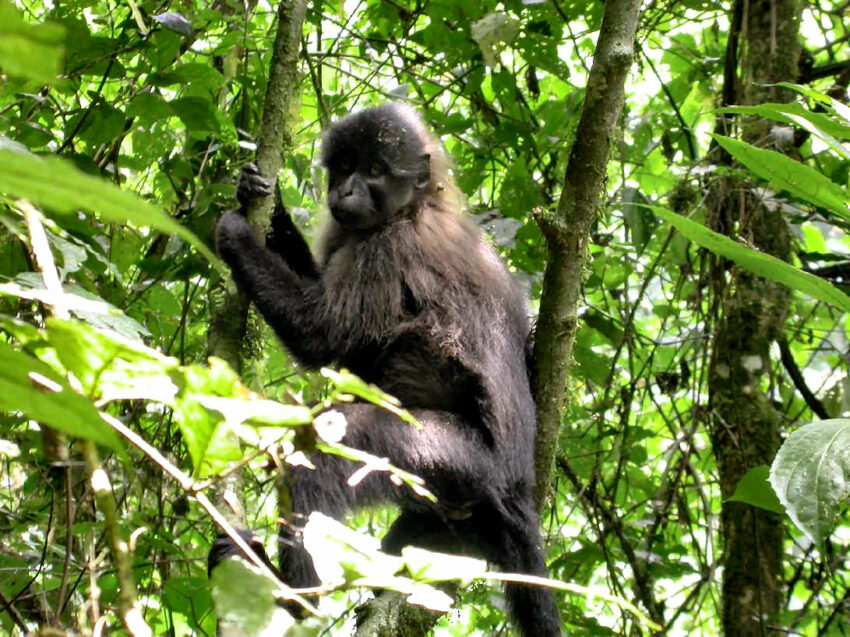Chinese researchers have now reportedly achieved the historic milestone of producing an adult-living rhesus macaque clone, according to a study published in Nature Communications.
The initial rhesus monkey clone that achieved success was over two years old when the study detailing its development was published.
The inaugural successful mammalian cloning occurred in Scotland in 1996, and the scientists involved bestowed the name “Dolly the Sheep” upon the organism in honor of the renowned singer Dolly Parton, as reported by the University of Edinburgh.
The cloners of Dolly utilized a method called somatic cell nuclear transfer (SCNT), according to the timeline from the University of Utah.
In the present scenario, researchers substituted the placenta of an embryo generated through in vitro fertilization for that of a cloned embryo.
Reportedly, this approach not only reduced the quantity of embryos and surrogate mothers required, but also significantly mitigated the occurrence of developmental abnormalities, which often diminish the prospects of mature cloned embryos.
[READ MORE: ‘Game of Thrones’ Star Opens up About Psychological Struggles]

